A double success
Csaba Cserép, a senior researcher of the Neuroimmunology group, received the Bolyai Plaque and the second János Bolyai Research Fellowship at the Bolyai Day of the Hungarian Academy of Sciences on 19 September 2023.
The János Bolyai Research Fellowship was established in 1997 at the initiative of the President of the Hungarian Academy of Sciences to support post-doctoral researchers with a Ph.D. degree and has been awarded annually since 1998 by the Board of Trustees of the Bolyai Research Fellowship.
The initial age limit of 40 years was raised to 45 in 2002, and from 2023 the possibility of an age reduction for children was added. From January 2022, the amount of the scholarship was also increased from HUF 124 500 to HUF 250 000.
The scholarship period, which can be awarded for one, two, or three years, is subject to a final report, which is evaluated, and those who are rated "outstanding" or "good" can reapply.
Fellows graduating with an 'outstanding' professional rating will receive a Bolyai Commemorative Plaque, and the most outstanding, up to 14 researchers per year, will be awarded an MTA Bolyai Plaque.
The young staff of our Institute have successfully applied for the Bolyai Fellowship at least 37 times, and five of them, including Csaba Cserép, have been awarded the Bolyai Plaque for the most outstanding of the outstanding. (László Acsády 2002, Attila Gulyás 2003, Andrea Lőrincz 2011, Dóra Zelena 2016, Csaba Cserép 2023).
The award of the MTA Bolyai Plaque is certainly a commendable achievement, and it is becoming more and more so, not only because of the increasing quality but also because of the significantly increasing number of applications.
Csaba, a senior researcher in the highly successful Neuroimmunology group led by Ádám Dénes, won his first Bolyai Fellowship in 2019 and was awarded the Bolyai Plaque in his final report. At first, he didn't even think about applying for a second time, but fortunately, he changed his mind. And his application in the category of medicine not only won, but also achieved the highest score in his group.
Tamás Freund, who is of course well acquainted with Csaba and his achievements, wished as President of the Academy that the award winners would open new doors in the scientific career with their work as Bolyai Award winners. As we have seen so far, Adam Dénes' group has the potential not only to open doors but also to open new paths. Anna Erdei, Deputy Secretary General of the Hungarian Academy of Sciences, stressed the importance of cooperation and of the winners' achievements in educating the next generation of scientists and passing on their knowledge and experience to young people.
In Csaba's case, we need not worry about this either, as he is already working with a number of conference award winners, runners-up, and scholarship holders, who owe their success to him.
We wish him and his co-workers to remain a good and successful team that inspires others to achieve great results.





